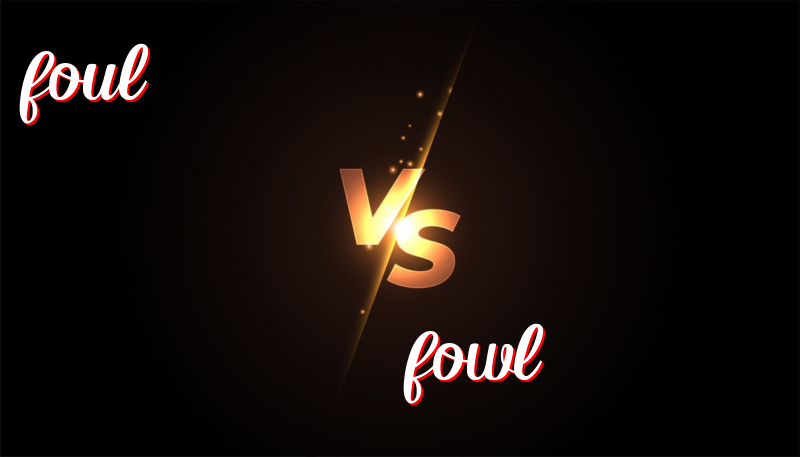Understanding the Difference Between Foul and Fowl: A Simple Guide
The Difference between Foul and Fowl
It can be easy to mix up words that sound the same but have different meanings. This article will help you learn the difference between “foul” and “fowl.”
History of the Words
The word “foul” comes from old English and means dirty or bad. The word “fowl” also comes from old English and means a type of bird like a chicken or duck.
How to Use Them
“Foul” means something bad, dirty, or not nice. You can use it to talk about smells, actions, or even the weather. “Fowl” means a bird you can eat, like a chicken or turkey.
Trick to Remember the Difference
Think of “foul” like “foul smell” and “fowl” like “chicken (a type of bird).” This can help you remember which is which.
Examples of “Foul”
- The garbage has a foul smell.
- He was punished for a foul play.
- The foul weather cancelled our picnic.
- She used foul language and was warned.
- The water in the pond is foul and dirty.
Examples of “Fowl”
- We saw a fowl near the lake.
- Chickens are a type of fowl.
- The farm has many fowls.
- They raise fowl for eggs and meat.
- Wild fowl fly south in the winter.
Summary of Usage
“Foul” means bad, dirty, or not nice. “Fowl” means birds like chickens or ducks. Remember, “foul smell” and “chicken (a bird)” to help you know the difference.

Leave a Reply
You must be logged in to post a comment.